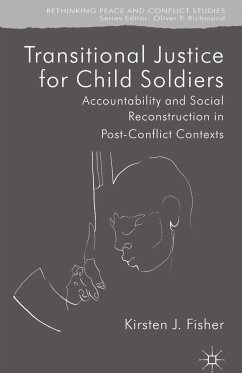Reparation programs seeking to provide for victims of gross and systematic human rights violations are becoming an increasingly frequent feature of transitional and post-conflict processes. Given that women represent a very large proportion of the victims of these conflicts and authoritarianism, it makes sense to examine whether reparation programs can be designed to redress women more fairly and efficiently and seek to subvert gender hierarchies that often antecede the conflict. Focusing on themes such as reparations for victims of sexual and reproductive violence, reparations for children and other family members, as well as gendered understandings of monetary, symbolic, and collective reparations, this text gathers information about how past or existing reparation projects dealt with gender issues, identifies best practices to the extent possible, and articulates innovative approaches and guidelines to the integration of a gender perspective in the design and implementation of reparations for victims of human rights violations.
Dieser Download kann aus rechtlichen Gründen nur mit Rechnungsadresse in A, B, BG, CY, CZ, D, DK, EW, E, FIN, F, GR, HR, H, IRL, I, LT, L, LR, M, NL, PL, P, R, S, SLO, SK ausgeliefert werden.
Hinweis: Dieser Artikel kann nur an eine deutsche Lieferadresse ausgeliefert werden.









